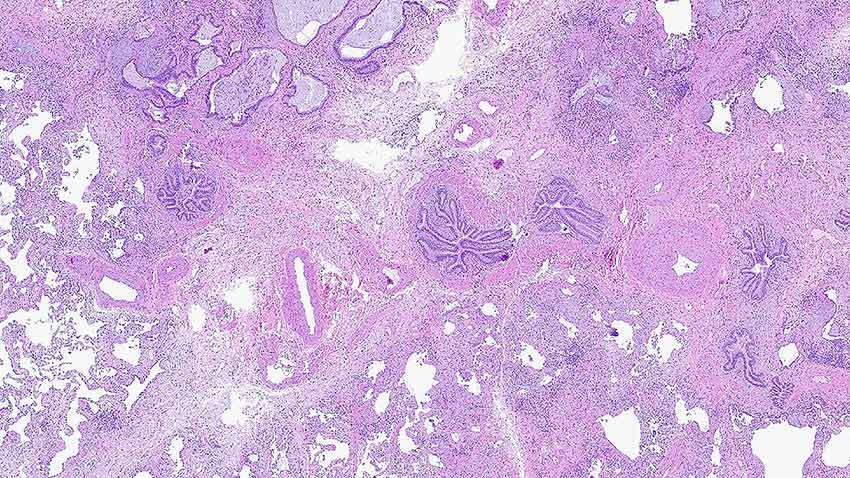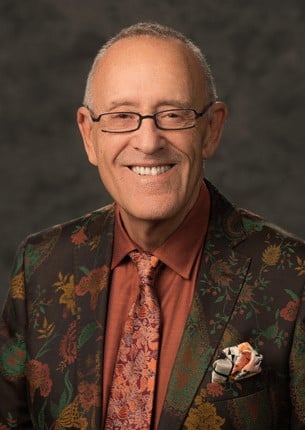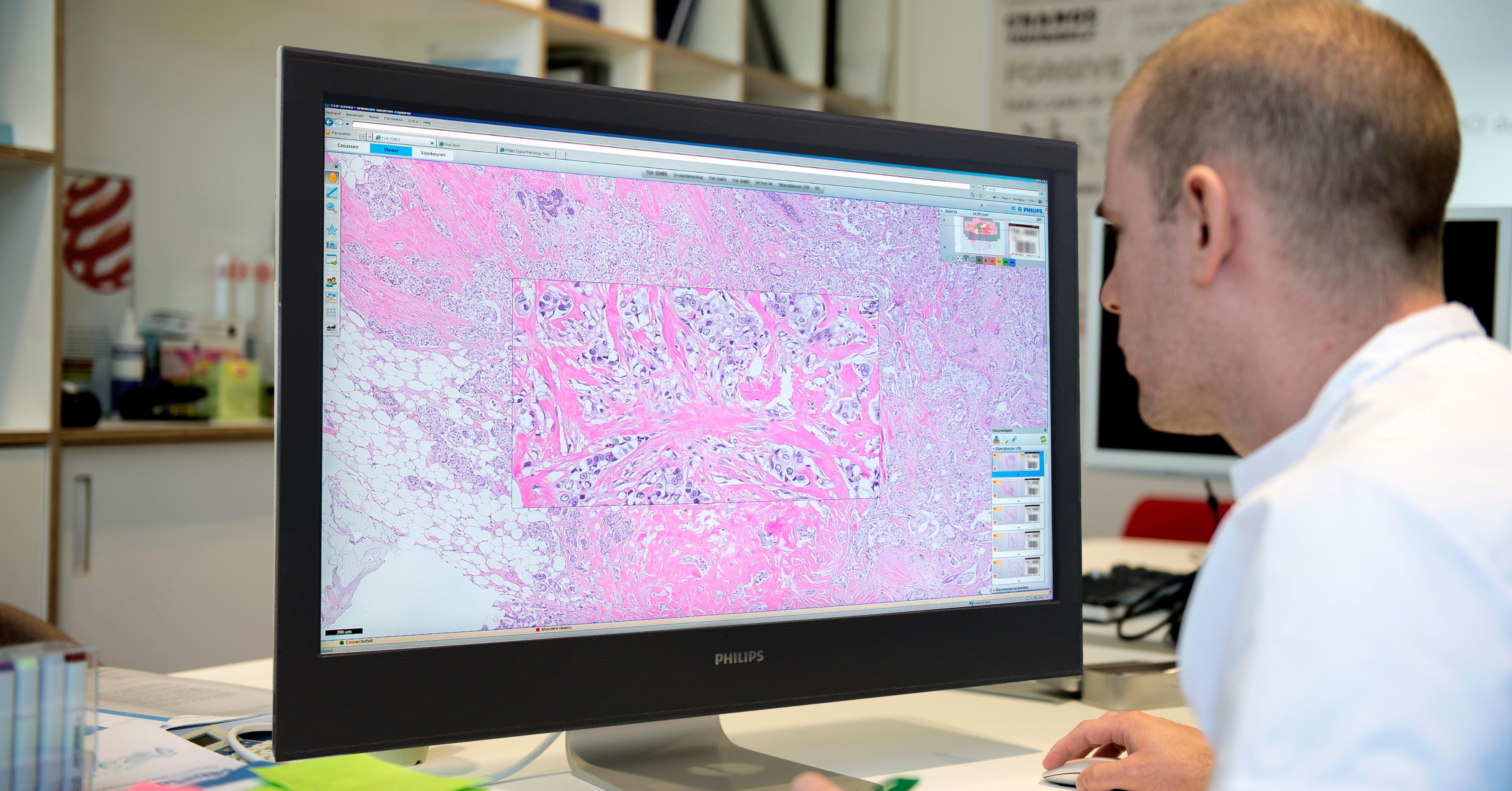Pathology News Roundup: January 14, 2020
Philips and Paige Team Up to Provide AI to Pathology Labs Royal Philips, a leader in health technology, and Paige, a leader in computational...

CAP Makes Change to Accreditation Checklist: The College of American Pathologists has decided to temporarily withdraw the anatomic pathology checklist requirement ANP.10039 (Total Fixation Time) from the 2021 checklist edition, and this requirement will no longer appear in customized checklists provided to laboratories and inspectors using the 2021 edition.
The decision was based on further review of the requirement by the CAP’s Checklists Committee and Commission on Laboratory Accreditation in response to concerns that CAP-accredited laboratories and CAP scientific committee members expressed about the scientific data supporting the requirement and the feasibility of compliance.
The original intent in adding ANP.10039 to the 2021 checklist edition was to minimize pre-analytic variables related to specimen fixation that detrimentally affect the quality of pathology specimens and ultimately have an impact on the downstream results of tests used for patient care and precision medicine.
An article in CAP Today notes that "peer-reviewed literature promotes the fixation parameters that were included in the checklist note. However, the CAP’s accreditation program must weigh the rigor of available evidence supporting the practice with the feasibility for laboratories to implement the practice. When a requirement is included in a checklist, it becomes a requirement of accreditation, and noncompliance with that requirement could jeopardize a laboratory’s accreditation. After an in-depth review of peer-reviewed literature, the CAP determined that it was premature to implement this requirement in the 2021 checklist edition based on the available evidence. The CAP’s Checklists Committee will work with the CAP’s scientific experts to reevaluate this requirement for the 2022 checklist edition."

USCAP Seeking New Executive Vice President. The United States and Canadian Academy of Pathology (USCAP) is looking for its next Executive Vice President (EVP). The USCAP is a premier provider of post-graduate pathology education.
The EVP Search Committee has outlined the parameters of the position, stating that USCAP is seeking job candidates with an MD, PhD, or equivalent degree and certification by the American Board of Pathology. The successful candidate will be accountable to the Board of Directors and will oversee the USCAP staff and operations.
The USCAP announced the retirement of EVP Dr. David Kaminsky last November. Dr. Kaminsky had served as EVP since 2014.
 Dr. David Kaminsky
Dr. David Kaminsky
Under Dr. Kaminsky's leadership, the USCAP says "the organization has grown its membership significantly, promoted pathology education in the US, Canada, and the rest of the world, and built a new world-class headquarters and Interactive Learning Center."

Implementing New Codes: Pathologists will have new CPT codes for pathology clinical consultation services in 2022 after the Medicare program included codes developed by the CAP in its final 2022 Medicare Physician Fee Schedule. The Centers for Medicare & Medicaid Services (CMS) published the fee schedule on November 2. The CAP had advocated for including new and improved codes and values for pathology clinical consultation services on the Medicare fee schedule.
Now CAP experts will offer some implementation tips for the new pathology consultation codes. On Thursday, January 20, the CAP is holding a complimentary live webinar where CAP experts will review implementation tips for the consultation codes and answer questions.
Webinar presenters will be the Council on Government and Professional Affairs Chair Jonathan Myles, MD, FCAP; and Economic Affairs Committee Vice-Chair Ronald McLawhon, MD, FCAP.
Register for this event at the CAP website.

Voicebrook's Pathology News Roundup features industry headlines and insights that pathology professionals are talking about. Think we should be covering something in particular?
Send your suggestions to content@voicebrook.com

Philips and Paige Team Up to Provide AI to Pathology Labs Royal Philips, a leader in health technology, and Paige, a leader in computational...

CAP and ASCO Publish Updated Breast Cancer Guideline The College of American Pathologists (CAP) and the American Society of Clinical Oncology (ASCO)...

2020 Pathologists Leadership Summit Registration is open for an event hosted by the College of American Pathologists (CAP) that seeks to equip...